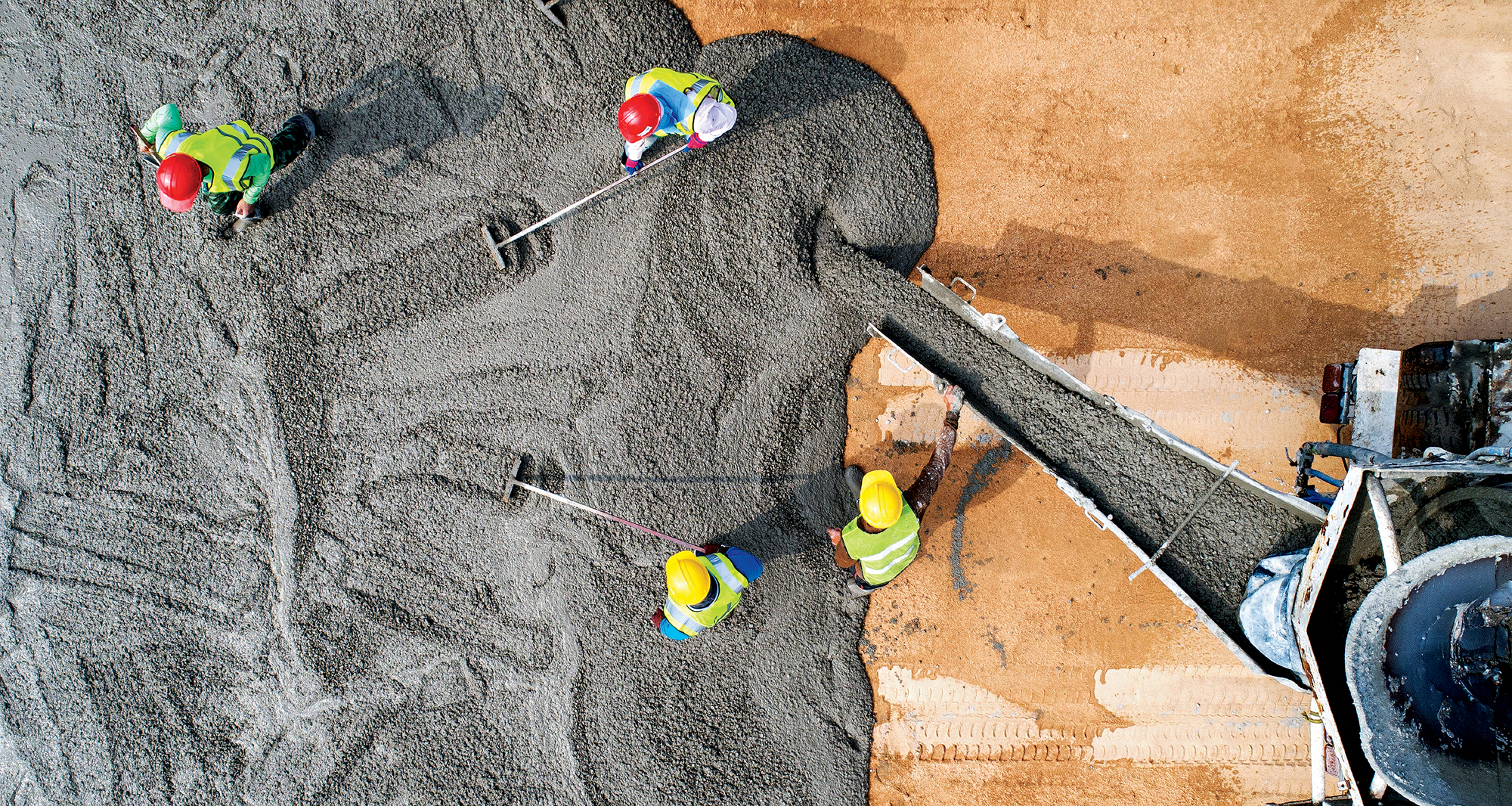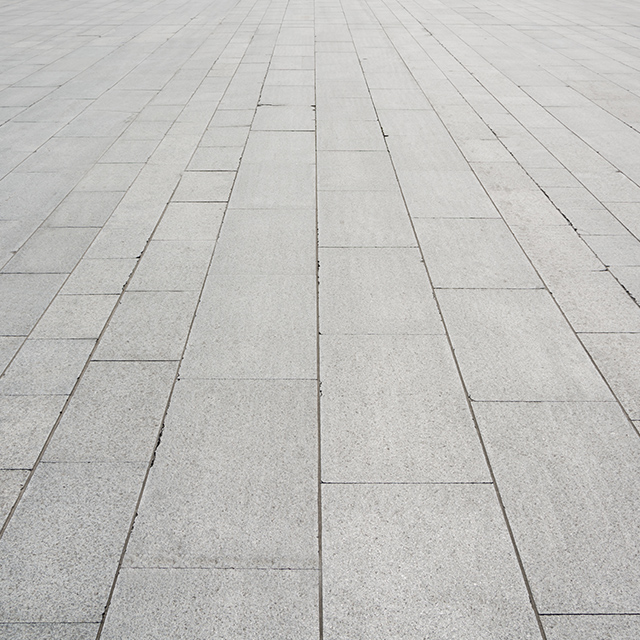Unveiling the Eco-Friendly Advantages of Utilizing Recycled Concrete in Lasting Building Practices
In the realm of sustainable construction practices, the usage of recycled concrete stands as an essential yet often undervalued source. Beyond its conventional applications, recycled concrete offers a myriad of eco-friendly benefits that expand far past the confines of traditional building and construction materials.
Ecological Benefits
By including recycled concrete right into building and construction techniques, there is a substantial reduction in the need for brand-new raw materials, leading to conservation of natural sources. Furthermore, the usage of recycled concrete lessens the amount of waste being sent to garbage dumps, thereby reducing environmental pollution and easing the strain on garbage dump abilities (Concrete).

Furthermore, the manufacturing of conventional concrete is a substantial source of carbon discharges as a result of the energy-intensive process of cement production. In contrast, recycled concrete has a reduced carbon impact as it minimizes the need for new concrete manufacturing. This decrease in carbon exhausts adds to mitigating environment change and sustains lasting building methods. In general, the ecological advantages of utilizing recycled concrete are substantial and play an essential duty in promoting environmentally friendly construction approaches.
Cost-Efficiency
When evaluating the application of recycled concrete in building tasks,Attaining cost-efficiency is a critical consideration. One of the crucial benefits of utilizing recycled concrete is its cost-effectiveness compared to conventional concrete. The manufacturing of recycled concrete involves less power and resources as it utilizes existing products, reducing the overall job prices considerably. In addition, the availability of recycled concrete locally can additionally lower transport expenses, making it a much more affordable choice for construction jobs.
Furthermore, the usage of recycled concrete can bring about financial savings in land fill prices by diverting concrete waste from disposal sites. This not only reduces the environmental effect but additionally removes the costs related to waste removal. The sturdiness and efficiency of recycled concrete are similar to standard concrete, making sure that cost savings do not compromise the quality of the construction.
Durability and Toughness
Recycled concrete deals equivalent, if not exceptional, toughness and toughness residential properties to conventional concrete - Concrete. Through innovations in processing techniques and quality control, recycled concrete can satisfy or surpass the efficiency criteria of conventional concrete.

Waste Decrease
When it comes to using recycled concrete, waste reduction is an essential benefit that contributes dramatically to ecological conservation. By incorporating recycled concrete right into building jobs, this waste is repurposed and diverted from garbage dumps, decreasing the overall ecological effect of construction tasks.
Furthermore, the use of recycled concrete can lead to cost savings for construction projects, as it is typically extra budget-friendly than sourcing and carrying new products - Concrete. In final thought, waste reduction through the utilization of recycled concrete is an important component of sustainable construction practices discover here that benefits both the atmosphere and the building sector as a whole.
Energy Conservation
Energy preservation is a critical element of lasting building and construction practices, aiming to decrease the general power intake connected with building operations and materials production. Substantial energy cost savings are accomplished contrasted to standard concrete production when it comes to using recycled concrete in construction. The procedure of creating recycled concrete involves squashing and recycling existing concrete materials, which eats less energy than mining, processing, and delivering raw products for brand-new concrete production. Additionally, the use of recycled concrete can assist reduce the demand for virgin aggregate, further reducing the energy-intensive removal and handling of natural deposits.
Verdict
Finally, the application of recycled concrete in sustainable construction methods offers numerous environmental advantages, cost-efficiency, durability, stamina, waste decrease, and energy preservation. By integrating recycled concrete into building and construction tasks, we can add to a much more ecologically pleasant and lasting future. It is crucial for the construction industry to focus on making use of recycled products to help in reducing the ecological impact of building and construction tasks.
One of the essential benefits of website link utilizing recycled concrete is its cost-effectiveness contrasted to conventional concrete.In addition, the usage of recycled concrete can lead to financial savings in garbage dump expenses by diverting concrete waste from disposal websites. The resilience and performance of recycled concrete are comparable to traditional concrete, guaranteeing that expense financial savings do not compromise the high quality of the construction.
